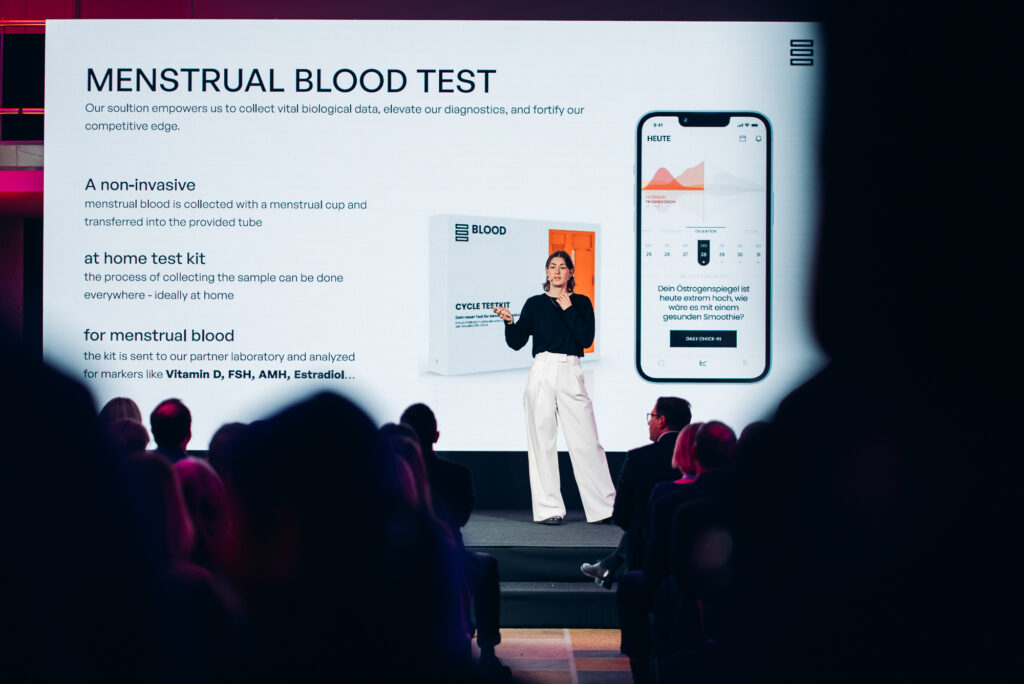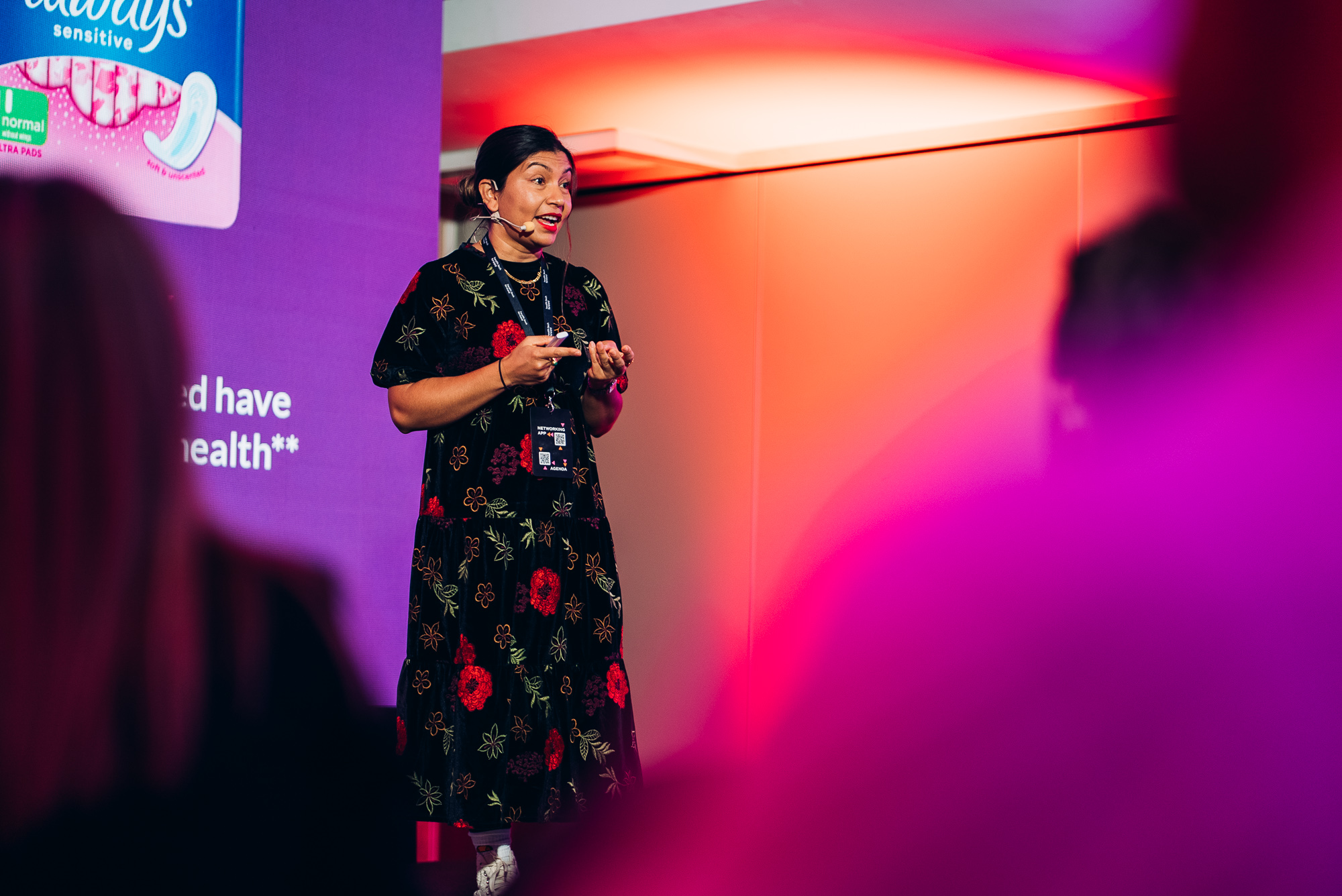Even with medical advancements such as telehealth, robotic surgeries and AI diagnostics, different gender-specific healthcare needs are still overlooked. A recent study published at the University of Arizona Health Sciences revealed that pain receptors vary by gender, leading men and women to experience pain differently. This and many other ongoing studies prove that there is a significant gender gap in healthcare which calls for our attention.
Overlooked for decades
Up until 1993 women were excluded from medical research trials due to their hormonal cycles being more frequent and less predictable. Despite major 20th century medical breakthroughs, the late inclusion of women in trials meant most developments were tailored for men as they were the primary subject of the trials. This created a large gap in understanding women’s and men’s health, which only recently started to mend.
20 years later, in 2013, women finally received the first cycle tracking app. The only issue was that it was based on textbook information about women’s menstrual cycles and could not give personalised predictions. However, as years passed and technologies improved, the number of such apps and their quality increased. Now, even the latest Apple Watch Series 9 includes a period tracking feature based on women’s wrist temperature. On top of that, according to Sifted, the first European FemTech product Flo Health hit unicorn status.
What else is out there?
Today’s FemTech industry offers more than period trackers for women. According to FemTech Analytics, the industry compound annual growth rate is estimated to be over 13% between 2020 and 2025. Due to this rapid growth more accurate innovations are hitting the market. From wellness and mental health to pregnancy, nursing and menopause, you can find an app, a digital platform, AI consultant or a wearable gadget to help you track changes in your body and mind.
And yet, the existence of these inventions alone is not enough to say that women’s health is cared for. Each woman has a unique cycle which can be hard to define by just a few metrics. The limited personalisation options and insufficient research in the field raise concerns about the accuracy of solutions designed for women’s needs, rendering them more as recommendations rather than trustworthy evaluations.
A stage for entrepreneurs
As research about women’s physiology advances, opportunities for new innovations emerge. A study performed at the University of Southampton reveals the difference in sleep requirements for men and women. This sparks interest in other common life aspects that vary between genders and how technology could help enhance them. As a result, funding for FemTech startups that are set to change the future is steadily increasing.
But in the competitive world of innovation, standing out and securing investment can be a constant struggle. That’s why various platforms come into play to support startups in boosting brand awareness and attracting funding. One of such initiatives is Health Tech Challengers, offering eight tracks, including Women’s Health, where entrepreneurs can pitch their ideas and work towards making healthcare accessible to everyone.

New developments in the health tech industry show how society is finally shifting from a “one-size-fits-all” approach to a more diverse perspective. Niche innovations, customised to suit individual needs are presented to the world. Combining industry knowledge with a spark of creativity and purpose makes big ideas come to life.
About Health Tech Forward
Health Tech Forward is a premier Europe’s health tech event aiming to put a spotlight on the trends shaping the future of healthcare. The conference stands apart for its focus on quality content and unmatched networking opportunities, bringing together digital health entrepreneurs, investors, providers, payers, employee benefits leaders, consumer tech & wellness brands and tech giants.



